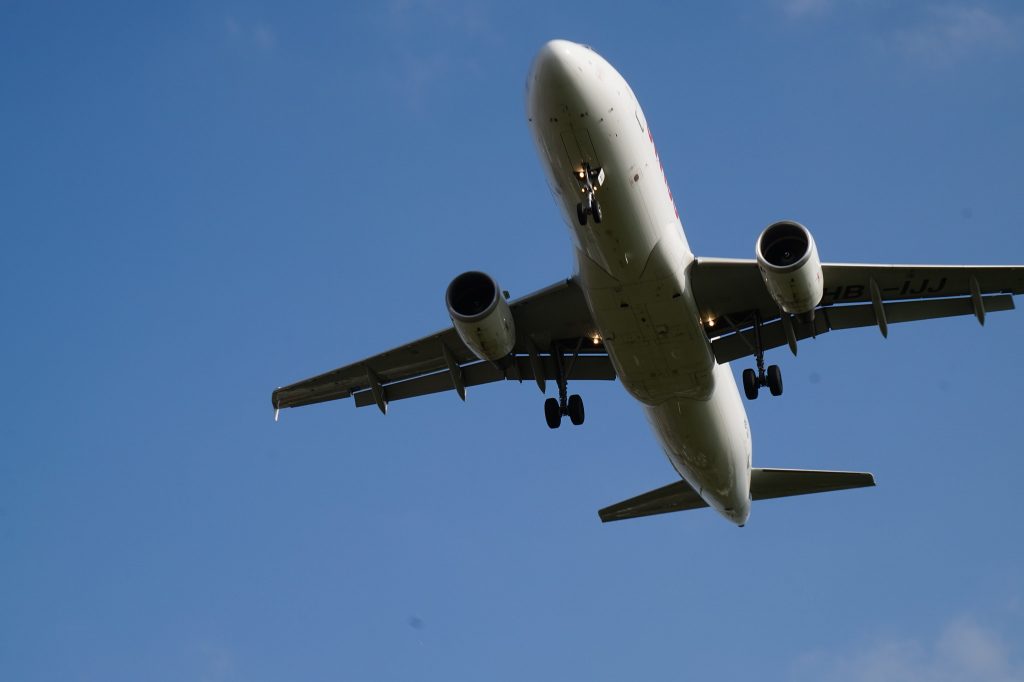Accor to Ditch Legacy Hotel Tech for Amadeus' Booking System

Skift Take
Accor said Wednesday it's hiring Amadeus to install a new central reservation system across its global portfolio of 5,600 properties. The Paris-based hotel group aims to boost revenues, optimize hotel distribution, and deliver personalized guest experiences.
The cloud-based system from Amadeus, the travel tech giant based in Madrid, will replace Accor's in-house legacy platform, which is used by more than 90% of the group's hotels, and the other systems used by the brands Raffles, Fairmont, and Swissotel.
"The joint ambition is to have the first hotels live by the end of next year, starting in North America," said Accor's chief digital officer, Alix Boulnois. "But we expect this project to last at least three years. This is a complex project, so we don't want you doing anything to put the business at risk, and we're being cautious about giving any timelines."
Tech to expand Accor's distribution
Accor is changing its tech to fit its distribution strategy, which is to drive more business directly to its hotels and thus reduce its spending on generally more costly online travel agencies. Amadeus' system will help Accor with its goal of broadening the number of places to sell its rooms.
"Amadeus's system will help us quickly and seamlessly connect to more channels [for selling our rooms], especially channels emerging at the local or regional level or through new platforms," Boulnois said.
Adding channels can strain older systems with surges in calls for data. Amadeus's new system is built to be able to cope with such surges.
New ways of selling rooms
Accor also believes the new system will help it innovate faster. By moving from on-premise systems to cloud-based software, the company intends to run experiments more quickly.
"Examples of what we'll eventually be able to do are multi-room booking, attribute-based selling, and some personalization that will be super-critical for our loyalty program," Boulnois said. "We'll be able to test updates to room rates and offers with a faster time-to-market, enabling more value capture. As a company with more than 40 brands, we need flexible tools."
Over time, Amadeus's central reservation system could eventually let Accor's hoteliers go beyond merchandising traditional room types and instead offer personalized offers based on attributes such as room views, styles, and bedding preferences.
Accor also hopes for gains in operational efficiency.
"Our current systems are prone to errors and can be hard for some people to learn," Boulnois said. "The new platform will let us open new hotels faster by reducing training times."
Big win for Amadeus
Amadeus has long been a giant player in airline and airport technology but only began pushing into hotel software about a decade ago. Its recent enterprise wins include IHG and Marriott.
"We've been spending a ton of money on this," said Francisco Pérez-Lozao Rüter, president of hospitality at Amadeus. "For our investors, signing the largest hotel group in Europe and Asia Pacific is another proof point that our strategy is probably on the right track."
Many of Accor's brands use The Accor Reservation System (TARS), which is its in-house, centrally hosted platform. In 2018 and 2019, Accor debated replacing it with an externally built, cloud-based one. It considered setting up a joint venture to create a unified system with Sabre, the travel tech company based in Southlake, Texas.
Accor halted the project during the pandemic. It recently said it would move to Oracle Opera Cloud for its property management system. It currently uses a handful of such systems, which help with checking in guests.
"We'll be enforcing standardization on one PMS [property management system], with a minority of exceptions," Boulnois said. She wants a process where Accor's teams make changes that can ripple across the group without lots of custom work.
Accommodations Sector Stock Index Performance Year-to-Date
What am I looking at? The performance of hotels and short-term rental sector stocks within the ST200. The index includes companies publicly traded across global markets, including international and regional hotel brands, hotel REITs, hotel management companies, alternative accommodations, and timeshares.
The Skift Travel 200 (ST200) combines the financial performance of nearly 200 travel companies worth more than a trillion dollars into a single number. See more hotels and short-term rental financial sector performance.





